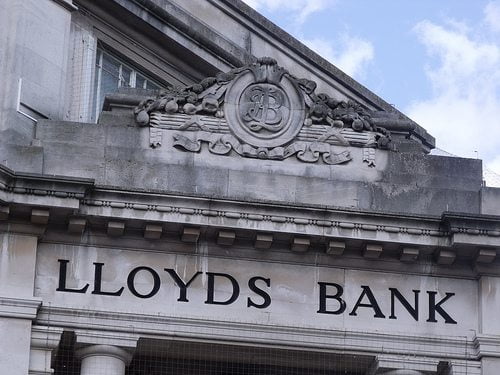

Economy
Lloyds pressures regulator for PPI payout time limit
Part state-owned bank Lloyds has been pressuring the City watchdog for a time limit to be introduced on payments made to those affected by the mis-selling of payment protection insurance (PPI). The Financial Conduct Authority (FCA) has rejected the calls in the name of consumer interest.
The bank has been urging the FCA to impose the time limit, according to the Financial Times, which would see a cut-off date imposed on customers affected by the scandal.
FCA chief executive Martin Wheatley told the Treasury select committee that he would only make such a condition if it was in the interest of all PPI victims.
The FCA is currently looking up at simplifying the process in which consumers are repaid, but Wheatley said this would “take away consumers’ rights”.
Lloyds was one of the UK’s biggest perpetrators of the PPI scandal, and on Monday announced that it was to set aside a further £1.8 billion for claims. This now brings Lloyds’ total bill to nearly £10 billion.
The bank is also expected to make annual losses of around £8 billion this year, with factors including the PPI bill, Libor rate fixing and its involvement in selling toxic mortgage-backed securities.
John Griffith-Jones, chairman of the FCA, said,“If you can quickly ensure everyone gets their money and gets it quickly, it would be churlish for us to say no. But that is a high hurdle.”
Further reading:
Lloyds Banking Group sets aside further £1.8bn for PPI claims
32m have suffered nuisance calls about PPI, says Citizens’ Advice
PPI bill double the cost of London Olympics, says consumer group
Number of financial complaints rose by 179% in last three months
Miliband promises ‘new culture of long-termism’ in banking sector


 Environment12 months ago
Environment12 months agoAre Polymer Banknotes: an Eco-Friendly Trend or a Groundswell?

 Features11 months ago
Features11 months agoEco-Friendly Cryptocurrencies: Sustainable Investment Choices

 Features12 months ago
Features12 months agoEco-Friendly Crypto Traders Must Find the Right Exchange

 Energy11 months ago
Energy11 months agoThe Growing Role of Solar Panels in Ireland’s Energy Future




























